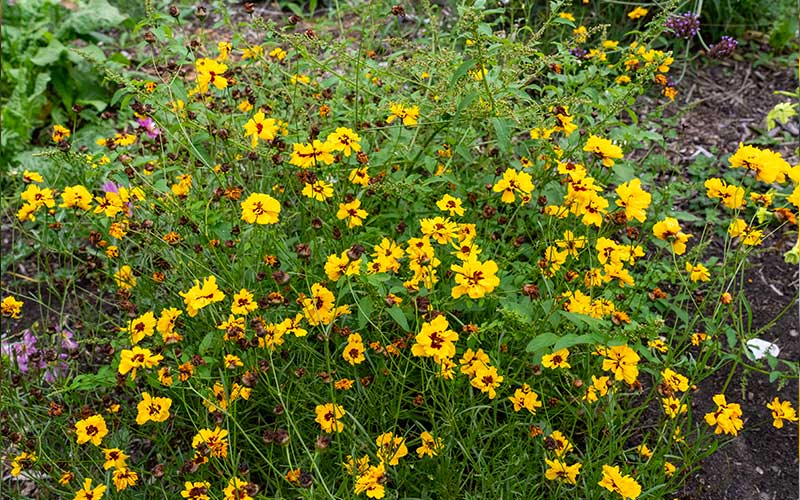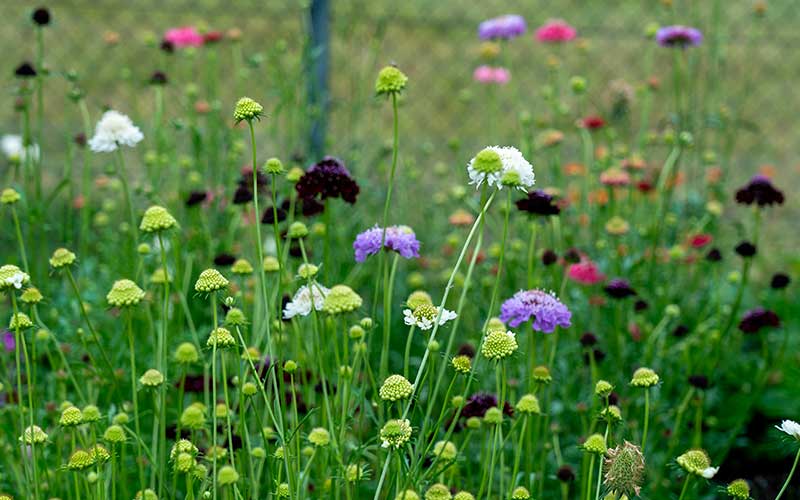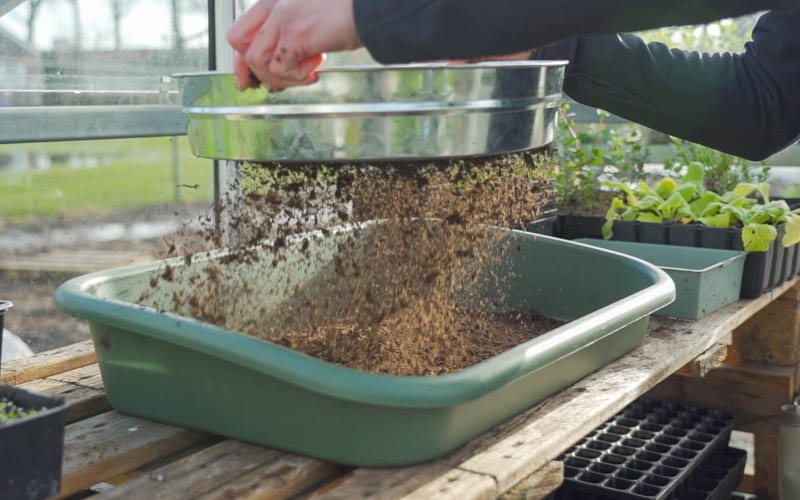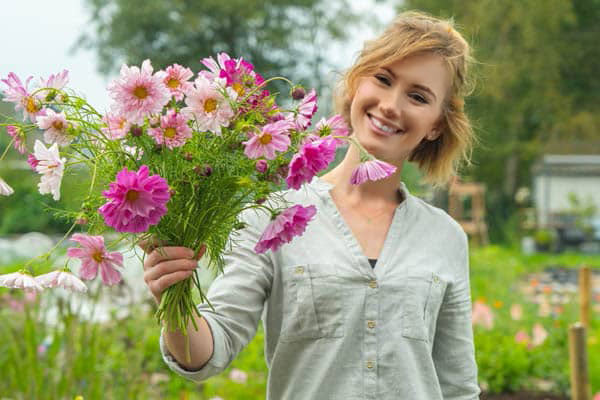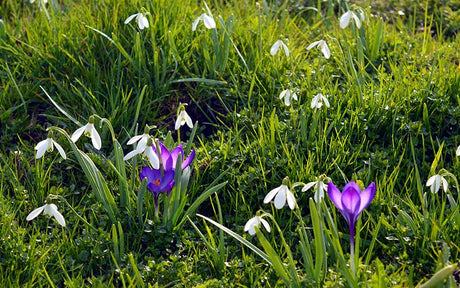
How to plant early flowering spring bulbs in grass to create a meadow
Spring bulbs bring color to your garden early in spring. Do you have a lot of grass in your yard or a boring patch of grass in front of your...
Hardy annuals are flowers that can withstand cooler temperatures and can be sown directly outdoors even before the last frost has passed. They complete their lifecycle—from seed to flower to seed—in one growing season and often tolerate a variety of growing conditions.
The best time to sow hardy annual flower seeds is in early spring, as soon as the soil can be worked. In milder climates, some hardy annuals can also be sown in the autumn to establish over winter, which often results in earlier blooms the following spring.
Prepare the soil by removing weeds and loosening the soil to improve drainage. Adding organic matter such as compost will enrich the soil and promote healthy growth. Ensure the planting area is well-draining to prevent waterlogging, which can hinder seed germination and growth.
Most hardy annual flower seeds should be sown at a depth of about two to three times the diameter of the seed. Small seeds can often be sprinkled right on the soil surface and lightly pressed in, as they need light to germinate.
Once established, hardy annual flowers generally require minimal care. Water them regularly, especially during dry periods, to keep the soil moist.
Applying a balanced fertilizer every few weeks can help promote vigorous growth and abundant flowering. Deadheading spent flowers will encourage more blooms.
Regular monitoring and early intervention are key. If pests are detected, use appropriate organic pesticides or introduce natural predators like ladybugs.
Encouraging a diverse garden can also help reduce pest outbreaks by attracting beneficial insects.
